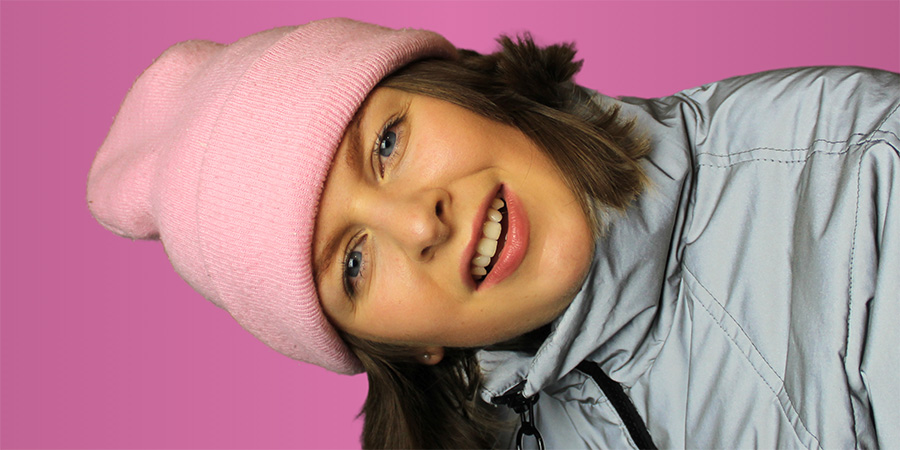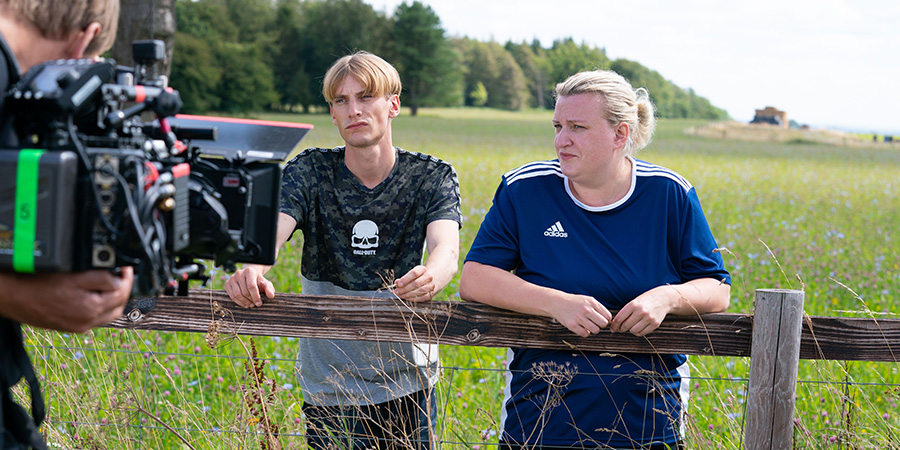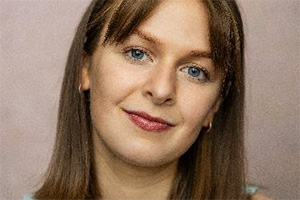What Fringe artists can learn from screen comedy

In recent years, naturalistic, grounded comedies have dominated television, captivating audiences with relatable characters and authentic storylines. Shows like Sex Education and Parks And Recreation illustrate a clear trend: viewers are drawn to comedies featuring fully formed characters with relatable quirks and flaws. Yet, at the Edinburgh Fringe (the home of fresh, new talent, a place where many comic screenwriters kick-start their careers), there is a marked absence of naturalistic, mockumentary-style shows that follow a narrative arc.
In particular, I'd like to talk about the force that is the mockumentary. With shows like The Office and Modern Family being two of the most watched TV shows of all time (in 2022, The Office (U.S.) was the most watched show on Netflix, with over 57 billion minutes streamed) it's clear that the mockumentary is a format that is lapped up by audiences across the world. New takes on this style are coming out all the time, with character-driven shows like Abbott Elementary, This Country, and What We Do In The Shadows proving to be hits with the streaming generation. I, personally, adore the insight and depth of character the "talking heads" give us and the situational dynamics created when we see characters getting tangled in ridiculous situations where what they want is a million miles away from what they actually need.
Despite this success, there's a noticeable absence of such narrative-driven, mockumentary-style performances at the Fringe, a key incubator for emerging talent.

I became aware of this as I was developing my new show, Serious Theatre From Serious People. I scanned back through the hundreds of Fringe shows I have seen over the years, across London and Edinburgh, and realised that I have never seen a mockumentary-style Fringe show. There are character comedies, of course, but most of them work in a sketch format that could more easily be compared to BBC Three's Ellie & Natasia or Famalam. This year, for example, there are 901 stand-up shows and 57 character comedies listed with edfringe.com. I believe this gap presents a unique opportunity for Fringe artists to potentially bridge the gap between stage and screen comedy.
Oddly, the narrative form seems to belong to the Theatre section of the programme in which any comedy elements solely belong to the first half before the narrative takes a darker turn in the second half. This is a trend, most likely brought into popularity by Phoebe Waller-Bridge; it's the technique of making the audience laugh and then pulling the rug from under them. It's the trend that stand-up Jack Doherty referenced in his show, Bowie and Me, joking that it has to get serious at the end.
And, don't get me wrong, I love these formats, but I find myself scratching my head over why this is a form that is so often neglected at Fringe. Particularly when it's such a treasure trove of potential stories. I'd love to see more shows that take the audience through a setup, confrontation, and resolution while maintaining lightness and comedy throughout (in the way that shows like Parks And Recreation do so skilfully).

I, personally, think that this is something that more writer-performers could factor into their show development. So much of the comedy in television comes from the relationship between characters, the structure and the situations as opposed to the spectacle or shock-value that we sometimes rely on in Edinburgh. So, perhaps there is room to lean into situational comedy that feels grounded in reality. We have used techniques such as "talking heads", Syd Field's three act structure, Jill Chamberlain's 'Nutshell Technique' and Blake Synder's 'Save the Cat' beat sheet to create our show and the feedback from audiences and reviewers alike shows there's a demand for this kind of work at the Edinburgh Fringe.
There is a lot for us to gain from studying comedy TV shows, and I think this awareness of screen comedy structure and narrative arc could lead to more fruitful collaborations between Fringe artists and TV executives. Comics who are looking to break into screen could consider working in duos which makes it easier to mirror the dynamics seen on screen and use Edinburgh as a training ground for the vast arena of television.
Help British comedy by becoming a BCG Supporter. Donate and join us in preserving, amplifying and investing in comedy of all forms, from the grass roots up. Advertising doesn't cover our costs, so every single donation matters and is put to good use. Thank you.
Love comedy? Find out more
